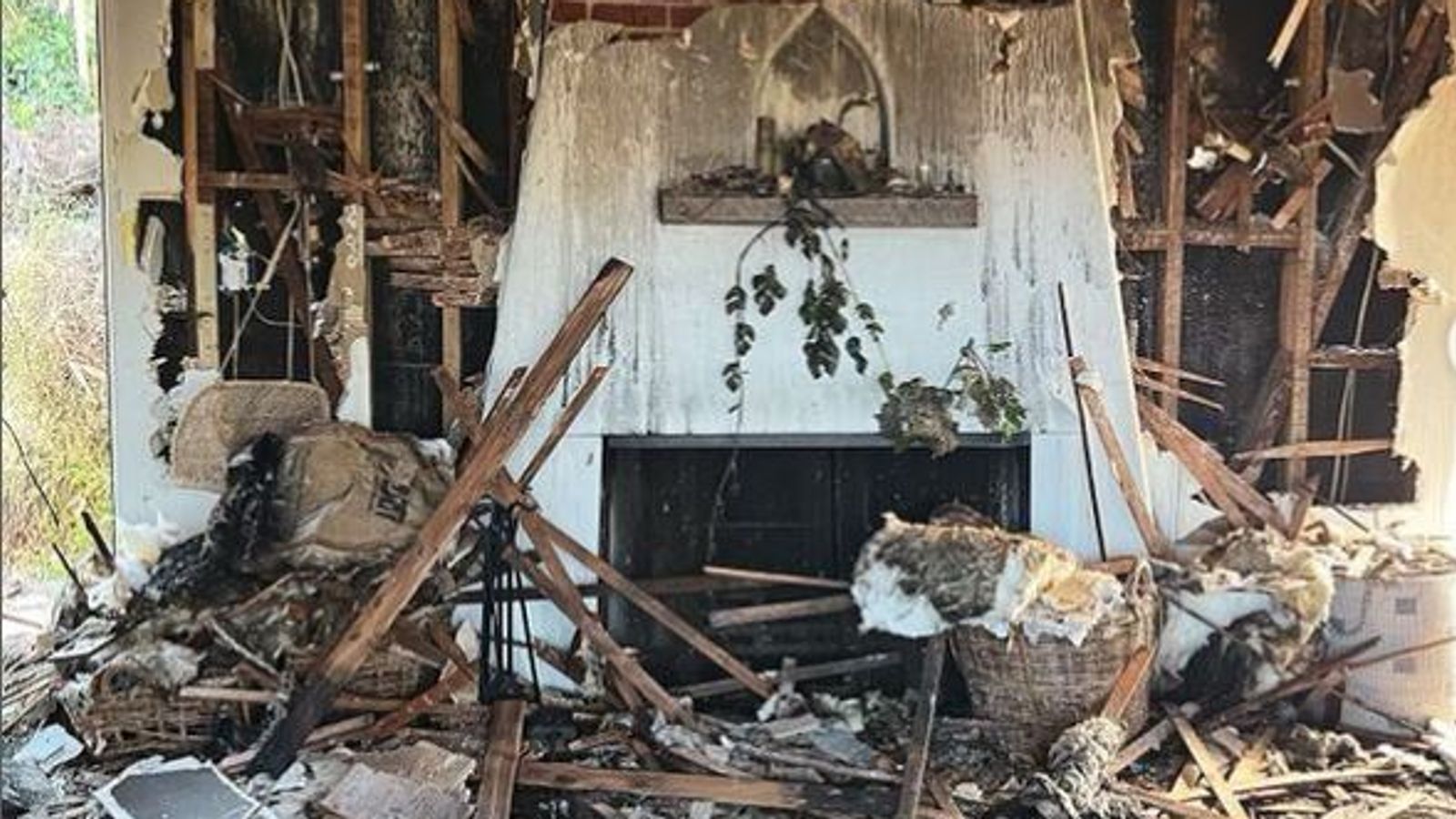A project in Brazil seeks to emulate the successful adoption of bitcoin seen on the beaches of El Salvador.
This is an opinion editorial by João, founder of Boletim Bitcoin, a Brazilian portal focused 100% on Bitcoin.
Meet Bitcoin Beach Brazil, a social project inspired by El Salvador, which is increasing the adoption of BTC as a form of payment and savings for local businesses and schools in the interior of Brazil.
The El Zonte region, located about one hour from the capital San Salvador, was where the Bitcoin Beach social project started, motivated by an anonymous donation to the local community. From there, the region became one of the hotspots of spontaneous adoption in El Salvador, with the asset being adopted by local merchants.
Inspired by the adoption of El Salvador, Fernando Motolese created the Bitcoin Beach Brazil project. As reported in an interview with the Brazilian portal Boletim BTC, the idea emerged on September 7, the date on which the Bitcoin Law came into force in El Salvador:
“The project came about on September 7, 2021. I saw what was happening in El Zonte that this had given rise to El Salvador adopting bitcoin as its official currency. Then I started to replicate here in Jeriquaquara …
In the beginning, we helped merchants accept bitcoin as a form of payment, until we evolved into an educational approach to help them learn to save money and to use Bitcoin as a tool for financial inclusion. One of our big initiatives was to share our Lightning implementation on www.github.com/praiabitcoin/bancobitcoin.
You can see there all the code that we use, like what we did here to use Lightning and also to have a sovereign Bitcoin implementation to serve our community.”
Motolese highlighted that he plans to help more communities around the world integrate a Bitcoin standard through a book he is writing:
“And along with all these implementations, I am writing a book, which is: “Bitcoin Standard Circular Economy,” which aims to help communities start this journey of replicating the Bitcoin Beach experiment in the Brazilian model, which is a little different. And in this book I intend to teach communities to replicate our initiative.”
Bitcoin In Schools

One of Bitcoin Beach Brazil’s latest initiatives was the distribution of 0.1 BTC to students and teachers in a municipal school in Jericoacoara, the city where the project operates. In total, 408 wallets containing 1000 satoshis were delivered in paper wallets.
In addition, students received a T-shirt, a bottle and a piggy bank of coins from the project, as well as instructions on how to use Bitcoin.
“First activation of Bitcoin Beach, with 408 paper wallets with 1000 sats each, t-shirts, squeezes and piggy banks for the students and teachers of the Municipal School of Jericoacoara.”
Motolese explained how he approached the school:
“The school librarian told me that the computers in the computer room had been down for 2 years. So, I’m a computer technician … then I spoke to the principal and told him to let him raise funds to fix the school’s computers.
… Then we started a rapprochement. I posted on the internet that I needed resources to fix computers. This opened up a possibility for us to approach the school. So the people at Bitcoin Beach donated 0.1 bitcoin to us. So with this donation of 0.1 bitcoin that we received from Bitcoin Beach, we made this activation, which consisted of producing 408 paper wallets.”
As reported, the purchase of the t-shirts and other products was made in Bitcoin:
“The production of these shirts was paid for in bitcoin. This opened the possibility of a partnership that has been in place since the beginning of the project […] And from this partnership we intend to launch some products from Bitcoin Beach made locally to be sold and finance a part of the project there”.
Hotspots Of Hyperbitconization
Through initiatives such as Bitcoin Beach Brazil, the knowledge and use of BTC in local and circular communities is boosted, creating small pockets of hyperbitconization. These initiatives have the potential to bring enormous long-term benefits to these regions, as the crypto asset appreciates and establishes itself as a sovereign store of value.
The Lightning Network, Bitcoin’s Layer 2 network, is playing a key role in the adoption of BTC as a payment method. The network allows for the rapid and low-cost transfer of sats, unlocking the cryptocurrency’s potential as an efficient method for day-to-day exchanges.
Direct acceptance of bitcoin in trades has the potential to increase the overall liquidity of the asset, in addition to potentially decreasing volatility, as it is not necessary to convert the asset into fiat currency to settle purchases.
However, it is important to note that BTC must first establish itself as a store of value and later function fully as money, since individuals tend to keep strong money and spend weak money, a phenomenon that is explained by Gresham’s Law.
This is a guest post by João. Opinions expressed are entirely their own and do not necessarily reflect those of BTC Inc. or Bitcoin Magazine.







